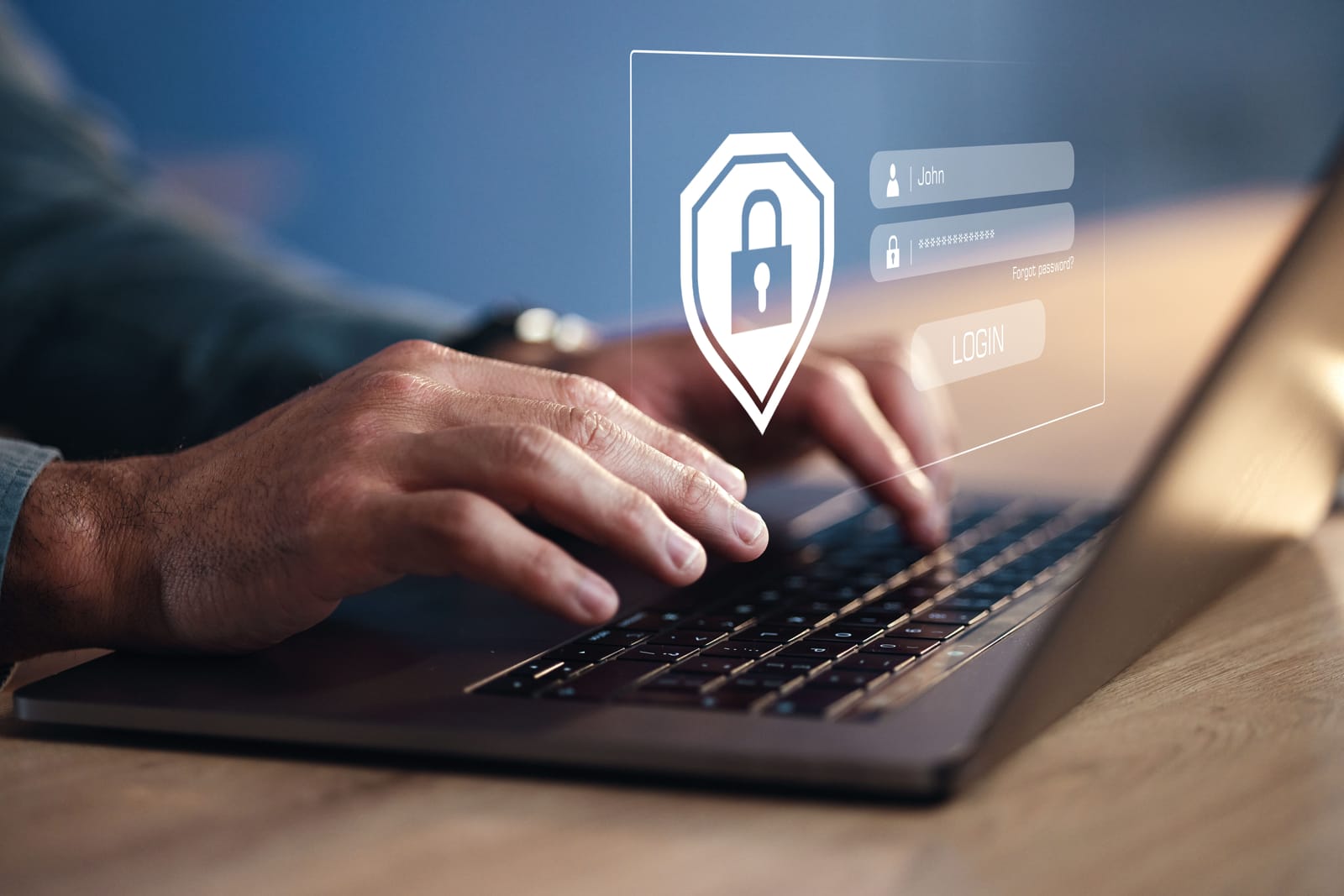In our digital lives, we juggle dozens, if not hundreds, of passwords. Keeping track of them all is nearly impossible, and using the same password everywhere is a recipe for disaster. A password manager is the solution, a secure digital vault for all your logins. Yet, a crucial question holds many people back: can you really trust them?
It’s a fair question, especially with news of data breaches. The idea of storing all your most sensitive credentials in one place feels risky. Is it safer than just trying to remember everything yourself?
This guide will answer that question head-on. We’ll demystify how these tools work, explain why they are overwhelmingly safer than the alternative, and provide a clear “Good, Better, Best” framework to help you choose the right solution for your needs in 2025.
Are Password Managers Really Safe? Yes—Here’s Why
The core anxiety about password managers is understandable: what happens if the company gets hacked? The answer lies in a brilliant security model used by all reputable password managers called Zero-Knowledge Architecture.
Here’s what it means in simple terms:
- Your Master Password is the Key: When you set up your password manager, you create a single, strong Master Password. This is the only password you ever have to remember.
- Encryption Happens on Your Device: Your Master Password is used to encrypt and decrypt your vault of other passwords locally on your own computer or phone. It is never transmitted over the internet and never stored on the password manager’s servers.
- The Company Can’t Access Your Data: Because your data is locked before it ever leaves your device, the company itself has “zero knowledge” of your Master Password or the contents of your vault. They only store a meaningless, scrambled blob of encrypted data. For a technical explanation, you can read how leading services like LastPass and Bitwarden implement this model.
The “So What?”: Even if a hacker successfully breached the servers of a company like 1Password or Dashlane, they wouldn’t get a list of user passwords. They would only get the encrypted blobs, which are useless without your unique Master Password. This is why using a strong, unique Master Password is the single most important step you can take.
What Happens if a Password Manager Gets Hacked?
The zero-knowledge model has been battle-tested. Consider the high-profile breach at LastPass in 2022. Attackers managed to steal customers’ encrypted password vaults from the company’s cloud storage.
This sounds terrifying, but because of the zero-knowledge design, the core security held. The stolen vaults remained locked. Security experts confirmed that for users who had followed best practices—namely, using a long and complex Master Password—it would take an impossibly long time for attackers to “crack” open those individual vaults.
This incident provides two crucial lessons:
- The security model works.
- The strength of your Master Password is your ultimate defense.
Good, Better, Best: Choosing Your 2025 Password Manager
Not all password managers are created equal. They generally fall into two categories: the free, convenient managers built into your browser or a dedicated, feature-rich application. Here’s how they stack up.
Good: Browser-Based Managers (Google Password Manager, Apple Keychain)
These are built directly into Chrome, Safari, and other browsers. They are incredibly convenient and a fantastic first step away from reusing passwords.
- Pros: Absolutely seamless, totally free, and integrated into the ecosystem you already use.
- Cons: Security is tied to your main Google or Apple account, making it a single point of failure. They lack advanced features like secure sharing, emergency access for family, or the ability to store more than just passwords. They are also designed to keep you locked into one ecosystem.
Better & Best: Dedicated Password Managers (1Password, Bitwarden, etc.)
These are standalone applications whose entire business model is built around providing best-in-class security and features. They are the gold standard for protecting your digital life.
| Feature | Dedicated Managers (e.g., 1Password, Bitwarden) | Browser Managers (e.g., Google, Apple) |
|---|---|---|
| Security Model | Zero-Knowledge Architecture | Integrated into broader Corporate Account |
| Third-Party Audits | Common (SOC 2, etc.), results often public. See Bitwarden’s compliance page for an example. | Part of larger corporate audits; less specific transparency. |
| Cross-Platform Support | Excellent (All major OS & Browsers) | Limited (Tied to a specific OS/Browser ecosystem) |
| Advanced Features | Yes (2FA Generator, Secure Notes, Breach Monitoring, Emergency Access) | Limited to basic password management. |
| Secure Sharing | Robust, with granular controls. | Limited or non-existent with users outside the ecosystem. |
| Cost | Free to Premium Tiers | Free (with the “cost” of ecosystem dependency) |
Our Recommendation for 2025
So, which one should you choose?
For the vast majority of users, a dedicated password manager is the best choice. The small annual fee (typically $10-$60) is one of the single best investments you can make in your personal cybersecurity. Their superior security architecture, cross-platform availability, and critical features like emergency access provide peace of mind that browser-based managers simply can’t match.
We confidently recommend services like 1Password for its excellent user experience and family sharing features, or Bitwarden for its powerful, open-source platform that offers a best-in-class free tier.
However, any password manager is better than none. If you are not ready to commit to a dedicated app, start by using your browser’s built-in manager today. Let it generate and save unique, strong passwords for every site you use. It is a massive security upgrade over reusing passwords and a great first step toward a safer digital life.

